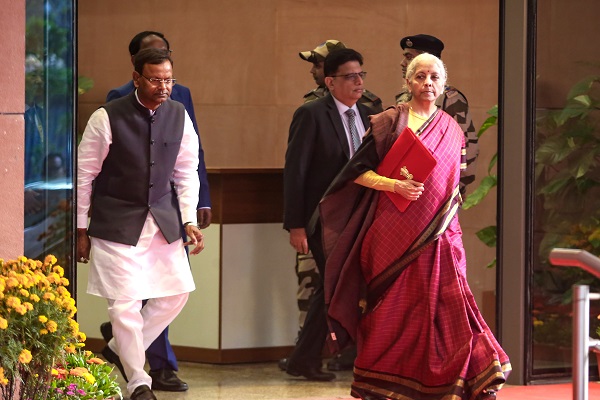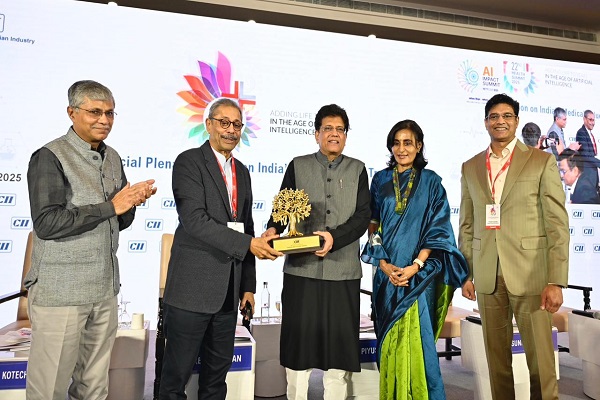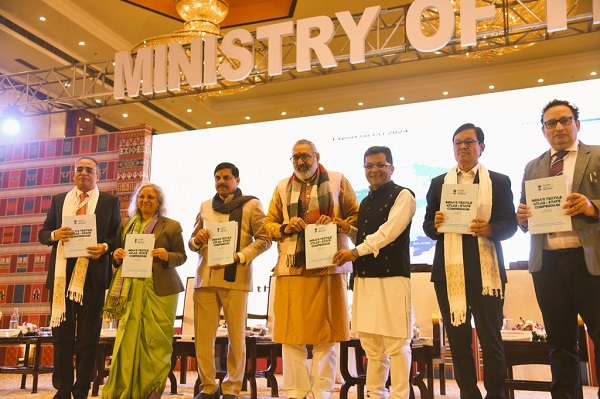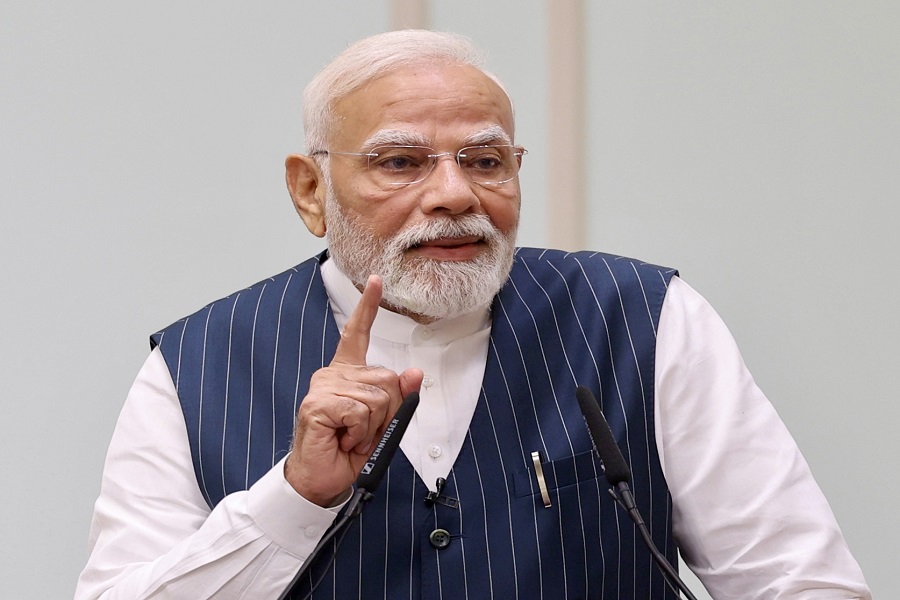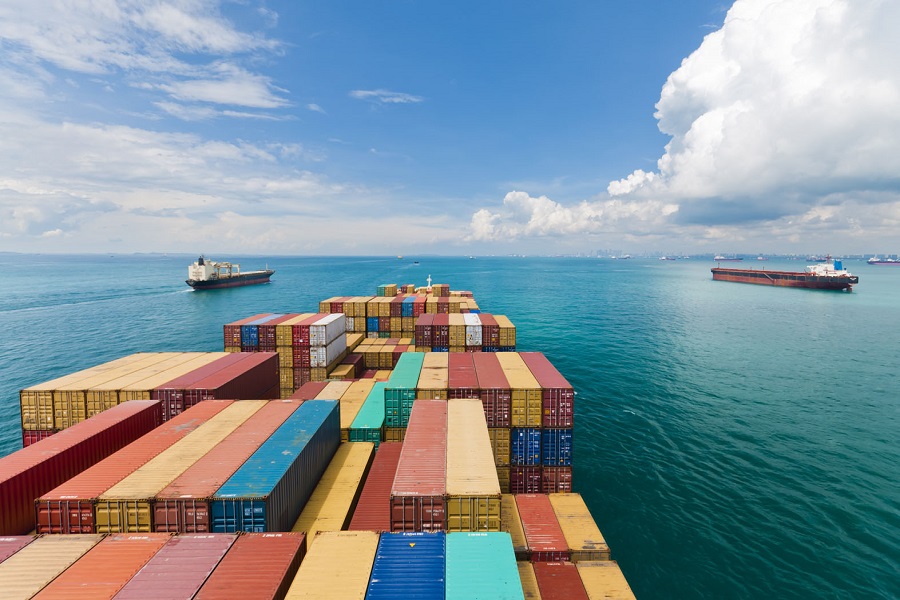MMRDA signs MoUs worth Rs 4 lakh crore, expects to accelerate infrastructure growth
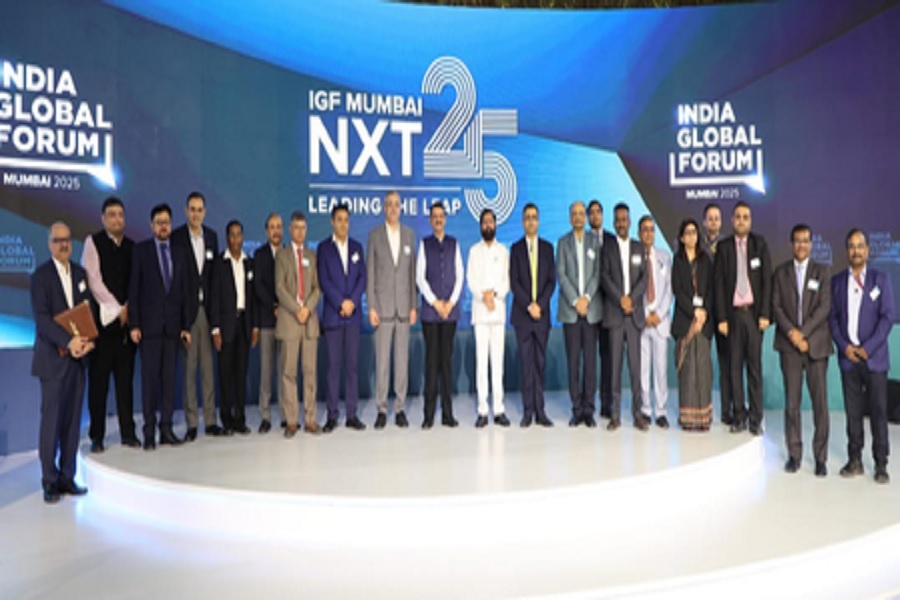
The Mumbai Metropolitan Region Development Authority (MMRDA) on Tuesday signed MoUs worth Rs 4.07 lakh crore with REC Limited, Power Finance Corporation, Housing and Urban Development Corporation (HUDCO), Indian Railway Finance Corporation (IRFC) and the National Bank for Financing Infrastructure and Development (NaBFID). These collaborations with Mini-Ratna, Navratna, and Maharatna public sector enterprises are expected to accelerate infrastructure growth in the Mumbai Metropolitan Region (MMR). These MoUs were signed at the sidelines of India Global Forum 2025 in the presence of Chief Minister Devendra Fadnavis and Deputy Chief Minister Eknath Shinde, who is also the chairman of the MMRDA and Urban Development Minister. "Maharashtra is ensuring smooth and uninterrupted facilities for investors, and an ecosystem is being created to attract investments across all regions of the state. As a result, balanced development will be seen throughout Maharashtra over the next five years," said the chief minister. "The Mumbai Metropolitan Region (MMR) will play a significant role in making Maharashtra a $3 trillion economy. Alone, the MMR region has the capacity to build a $1.5 trillion economy, which is why it is receiving focused attention. Mumbai is already the FinTech capital, and a 'Third Mumbai' is being developed in Navi Mumbai. This new area will include an EduCity and Innovation City. Notably, the EduCity is set to host one of the world’s largest universities, with five universities already in the final stages of planning," said the chief minister. He further added that the Navi Mumbai International Airport is nearing completion and the Atal Setu (Trans Harbour Link) has significantly improved connectivity to the airport and surrounding areas. "he country's largest port is being developed at Vadhavan, and it will be connected via the Samruddhi Expressway, facilitating the development of the 'Fourth Mumbai' in that region," said the chief minister. "Alongside the development of the MMR, equal emphasis is being placed on rural and underdeveloped regions: Pune is becoming a major hub for the automobile industry. Chhatrapati Sambhajinagar (Aurangabad) is emerging as a hub for the electric vehicle sector. Gadchiroli is set to rise as India's new steel hub. The Vidarbha region is expanding rapidly in solar energy production. The Samruddhi Expressway will benefit farmers and entrepreneurs across 15 districts. A proposed Shaktipeeth corridor will provide a boost to Marathwada. Airports in Shirdi, Pune, and Nagpur are under development," said the chief minister. He also shared that four river-linking projects worth approximately Rs 3 lakh crore are being implemented to make the state drought-free, and a canal-based irrigation project in Vidarbha is also underway. The chief minister said that 85 per cent of MoUs signed by the state government have already been implemented, while special attention is being given to the remaining 15 per cent to ensure their execution soon. The state government is proactively facilitating land allocation, permits, and all other required infrastructure for industries. Deputy Chief Minister Shinde said that in the past three years, MoUs worth Rs 20 lakh crore were signed at the World Economic Forum in Davos, which is a significant record. This year alone, MMRDA signed MoUs worth Rs 3.5 lakh crore in Davos and has already begun executing them. These initiatives will drive the next phase of development in Mumbai and its surrounding regions. "The aim is to increase the GDP of the MMR region to $300 billion by 2030. To achieve this, an investment of $135 billion will be necessary, which is expected to create 28 to 30 lakh (2.8-3 million) new jobs. Over the last three years, Maharashtra has built a favorable ecosystem for investment. With world-class infrastructure, a skilled workforce, and strong governance, Maharashtra has become the preferred destination for both domestic and international investors," said the deputy chief minister. He added that the government is actively encouraging investment in sectors like electric mobility, logistics, semiconductor manufacturing, AI, health-tech, and ed-tech













